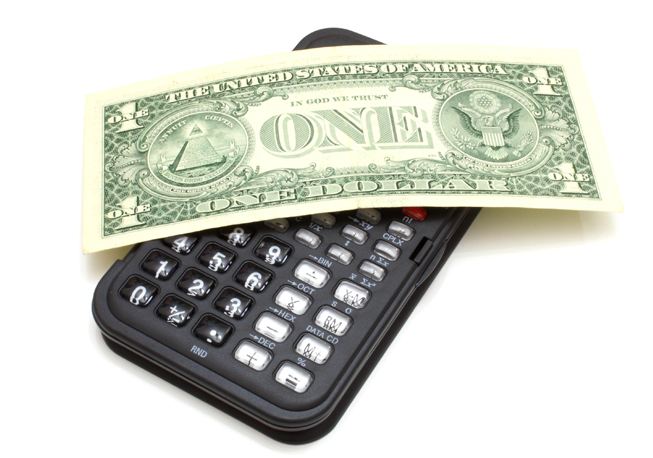Since the days money first started to be used as the means of exchange, the hankering in the minds of human beings for more of it had also become a common fixation of human society, cutting across the barriers of culture and civilizations.
The poets and the artists and all the people who like to see the world through the glasses of romanticism maintain that money is the root cause of all kinds of menaces.
But for practical people, it is the lack of money that accounts for all kinds of tensions in personal, as well as, their professional lives.
Relationships do not last if there is no financial security, a business cannot survive without the adequate supply of it, the social and economic institutions collapse if it is not properly distributed among the members of the society.
In today’s world, where money is the most important scale of measuring success, the majority of the population, even in the developed nations, seems to suffer from some kind of financial stress. But following some simple strategies you can have a stable personal finance to live a life free of any financial tensions.
Here are some tips to help you achieve stable personal finance to gain control over your money, instead of money taking charge of your health and happiness.
The first step towards the accomplishment of your goal of financial stability is the cultivation of a positive outlook about the money handling and a positive outlook involves keeping the expenditure in limit and learning to save money. Always be aware of all sources of money and the places they are spent.
The difference between the money earned and the money spent creates your saving. The people, especially with a higher range of income, tend to escape the money matters. They display a happy-go-lucky attitude about the money that is flowing in and in a good amount. But if you do not learn to manage them properly, you will be in a soup sooner or later.
So always maintain a budget, no matter how many 0’s your paycheck is composed of. But this does not mean you will always panic about running short of money; this will only prevent you from focusing negatively on financial management. To develop a positive attitude by viewing it as a fixed resource to be managed wisely so that it serves you longer.
The next step towards creating a solid financial base is to work out a foolproof spending strategy. An effective handling of money means you have a self-imposed ceiling over your spending habits.
The people who can master this art of spending less end in prosperity and abundance, and on the other hand, the people with an uninhibited spending practice, end in the tangles of debt traps. So make a neutral analysis of your spending habits, and confess to yourself if you are a hopeless spender.
In that case you have to use your will power to adopt a corrective strategy involving at least 20% cut on your monthly spending. Do not think it to be impossible; sneak deep into your lifestyle and you will be able to locate a number of areas where you can make a cost cut.
As for example, just revel in the past to recollect how many things you have just canceled due to little damage. You can save a lot of money by continuing to use the things after making a small repair.
Discover the ways of using old things. Start appreciating the simple ways of living. And most importantly, stop surviving on the plastic money, otherwise, you will soon be headed towards the dead end.
It is recommended that you save at least 10% of your total earnings. But most importantly, you have to develop a habit of saving first. After you have been able to raise your bank balance to a respected level, consider making some investments in stocks, bonds, real estate or even in small business.
To gain control over your personal finance, you need a steady flow of information and lots of will power. The positive force of your brain will help you to gear up towards wealth and prosperity.

